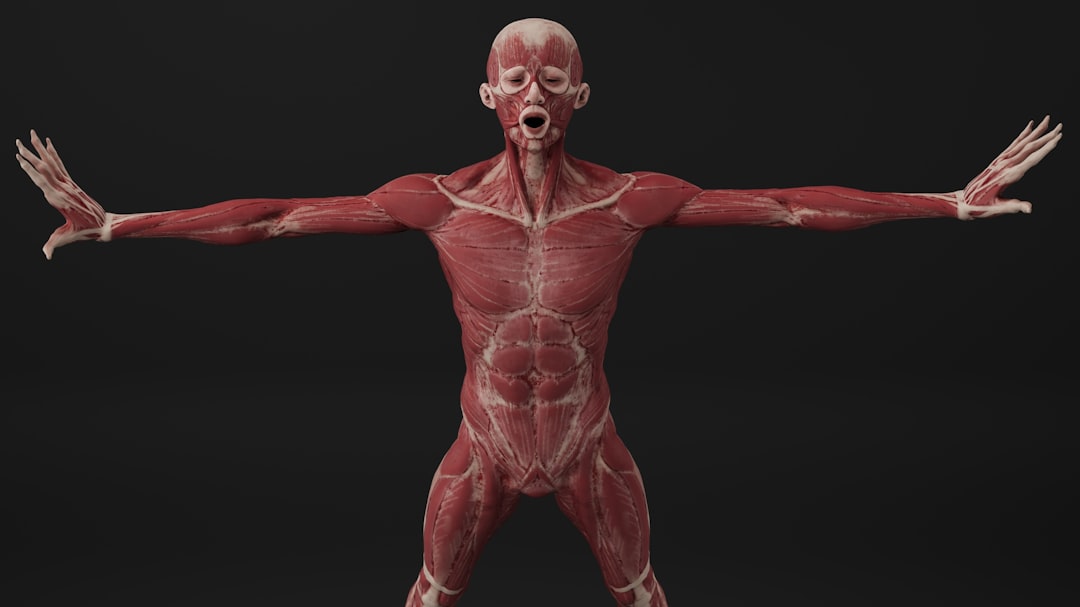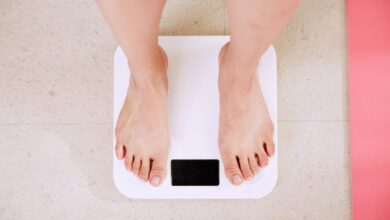The Ultimate Weight Loss Guide: Methods That Work

Losing weight can feel like climbing a mountain, right? There are so many diets and workout plans out there, it’s tough to know where to start. As a weight loss coach, I’ve seen firsthand what works and what doesn’t. This guide isn’t about quick fixes or crazy restrictions. It’s about building healthy habits that lead to lasting results. We’ll explore proven methods that can help you reach your weight loss goals safely and effectively.

Understanding Weight Loss Basics
Before diving into specific strategies, let’s cover the fundamentals. Weight loss boils down to creating a calorie deficit. This means burning more calories than you consume. Think of it like this: your body needs a certain amount of energy (calories) to function. When you give it less energy than it needs, it starts using stored energy (fat) to make up the difference. Creating this deficit can be achieved through diet, exercise, or a combination of both.
It’s also important to remember that everyone is different. Factors like genetics, metabolism, and activity level all play a role in how quickly you lose weight. Don’t get discouraged if your progress doesn’t match someone else’s. Focus on making sustainable changes and celebrating your own achievements.
Dietary Changes for Weight Loss
What you eat is arguably the most important factor in weight loss. You can’t outrun a bad diet! But instead of drastically restricting yourself, focus on making small, positive changes to your eating habits.
Prioritize Whole Foods: This means choosing unprocessed foods like fruits, vegetables, lean proteins, and whole grains. These foods are packed with nutrients and fiber, which helps you feel full and satisfied.
Increase Protein Intake: Protein is your friend when it comes to weight loss. It helps you build muscle, which burns more calories at rest. It also keeps you feeling full for longer, reducing cravings and overeating. Good sources of protein include chicken, fish, beans, lentils, and tofu.
Hydrate, Hydrate, Hydrate: Water is essential for overall health and can also aid in weight loss. Drinking water before meals can help you feel fuller, leading to reduced calorie intake. It also helps your body function efficiently, including burning calories.
Limit Sugary Drinks and Processed Foods: Sugary drinks like soda and juice are packed with empty calories and can sabotage your weight loss efforts. Processed foods are often high in unhealthy fats, sugar, and sodium, and low in nutrients. Reducing your intake of these foods can make a big difference.
Practice Mindful Eating: Pay attention to your hunger cues and eat slowly. Avoid distractions like TV or your phone while eating. This allows you to savor your food and recognize when you’re truly full.
Exercise for Weight Loss and Overall Health
Exercise is another crucial component of weight loss. It helps you burn calories, build muscle, and improve your overall health. You don’t have to spend hours at the gym to see results. Even small amounts of physical activity can make a difference.
Cardiovascular Exercise: Cardio activities like running, swimming, cycling, and dancing are great for burning calories and improving heart health. Aim for at least 150 minutes of moderate-intensity cardio per week.
Strength Training: Building muscle is essential for boosting your metabolism and burning more calories at rest. Include strength training exercises like lifting weights, using resistance bands, or doing bodyweight exercises at least twice a week.
Find Activities You Enjoy: The key to sticking with an exercise routine is to find activities you genuinely enjoy. If you hate running, don’t force yourself to do it! Explore different options until you find something you look forward to.
Incorporate Movement into Your Daily Life: Look for opportunities to be more active throughout the day. Take the stairs instead of the elevator, walk during your lunch break, or park further away from your destination.
Other Helpful Strategies
Besides diet and exercise, there are other strategies that can support your weight loss journey.
Get Enough Sleep: Sleep deprivation can disrupt your hormones and lead to increased appetite and cravings. Aim for 7-8 hours of quality sleep each night.
Manage Stress: Stress can also trigger hormonal imbalances that contribute to weight gain. Find healthy ways to manage stress, such as yoga, meditation, or spending time in nature.
Track Your Progress: Keeping track of your weight, measurements, and food intake can help you stay motivated and identify areas where you can improve. There are many apps and tools available to help you track your progress.
Seek Support: Having a support system can make a big difference in your weight loss journey. Talk to friends, family, or a weight loss coach for encouragement and accountability.
Safety Considerations
It’s crucial to prioritize your health and safety throughout your weight loss journey. Avoid fad diets or extreme measures that promise rapid weight loss. These approaches are often unsustainable and can be harmful to your health. Consult with your doctor before making any significant changes to your diet or exercise routine, especially if you have any underlying health conditions.
Frequently Asked Questions
How quickly should I expect to lose weight?
A healthy and sustainable rate of weight loss is typically 1-2 pounds per week. Losing weight too quickly can lead to muscle loss and other health problems.
What if I hit a weight loss plateau?
Plateaus are a normal part of the weight loss process. When you hit a plateau, try adjusting your calorie intake or exercise routine. You can also reassess your goals and make sure you’re still on track. Be patient and persistent, and eventually you’ll break through the plateau.
Are there any supplements that can help with weight loss?
While some supplements may claim to aid in weight loss, it’s important to be cautious. Many supplements are not regulated and may contain harmful ingredients. It’s best to focus on making healthy lifestyle changes through diet and exercise, rather than relying on supplements.
Is it possible to lose weight without exercise?
Yes, it is possible to lose weight through diet alone. However, exercise offers numerous health benefits beyond weight loss, including improved cardiovascular health, increased muscle mass, and reduced risk of chronic diseases. Combining diet and exercise is the most effective approach for achieving sustainable weight loss and overall health.
Remember, weight loss is a journey, not a destination. Be patient with yourself, celebrate your progress, and focus on building healthy habits that you can maintain for life. With dedication and consistency, you can achieve your weight loss goals and improve your overall well-being.



